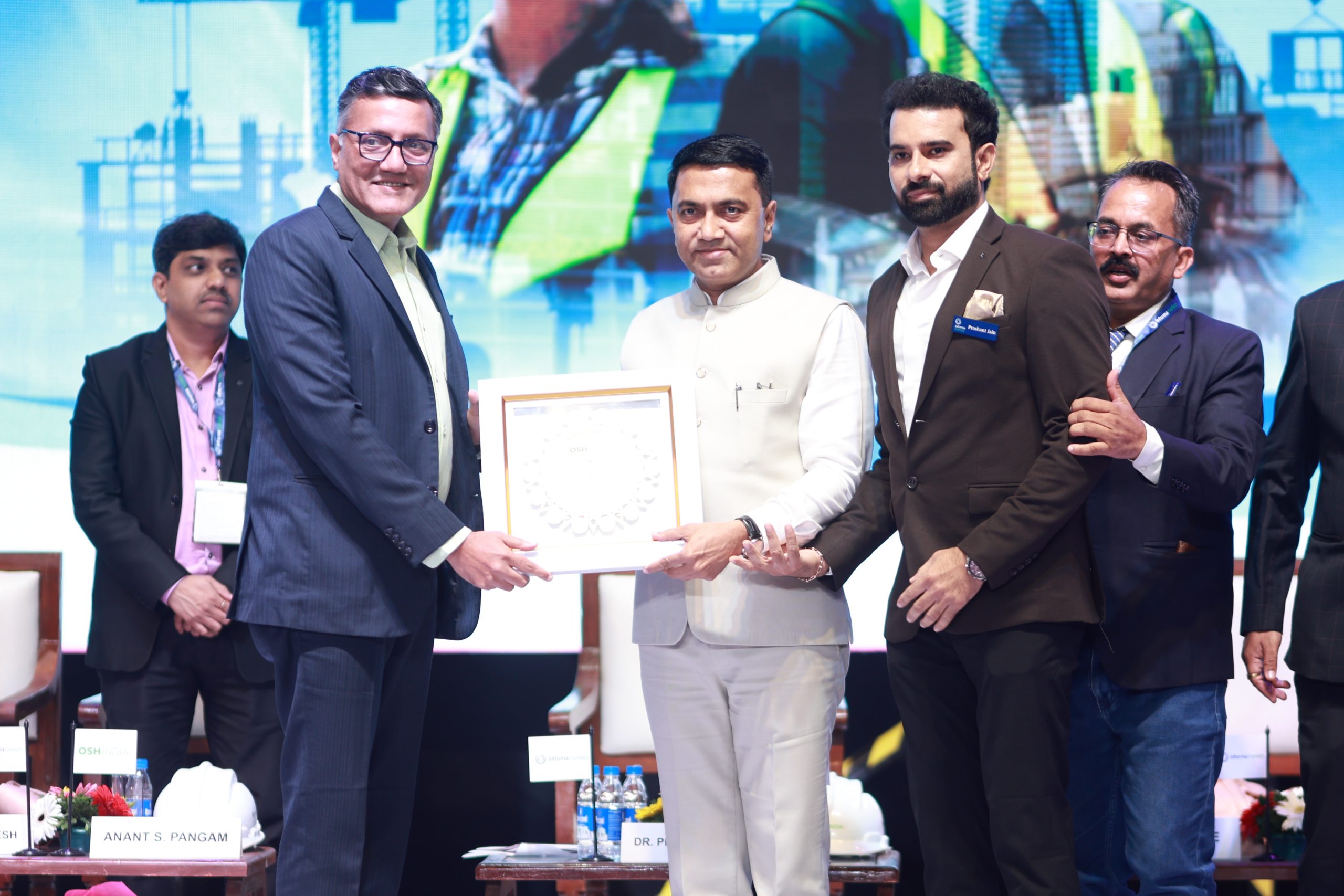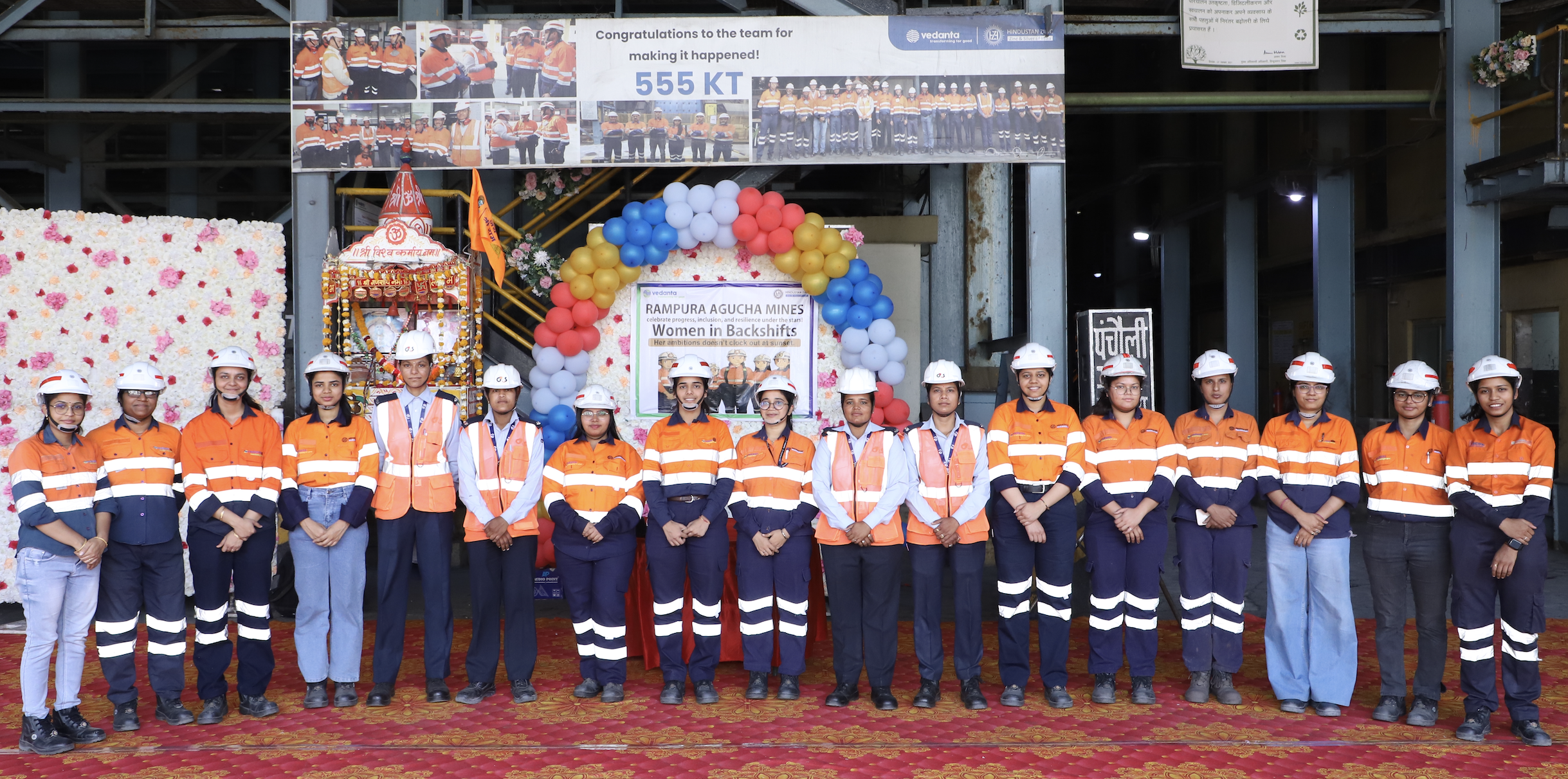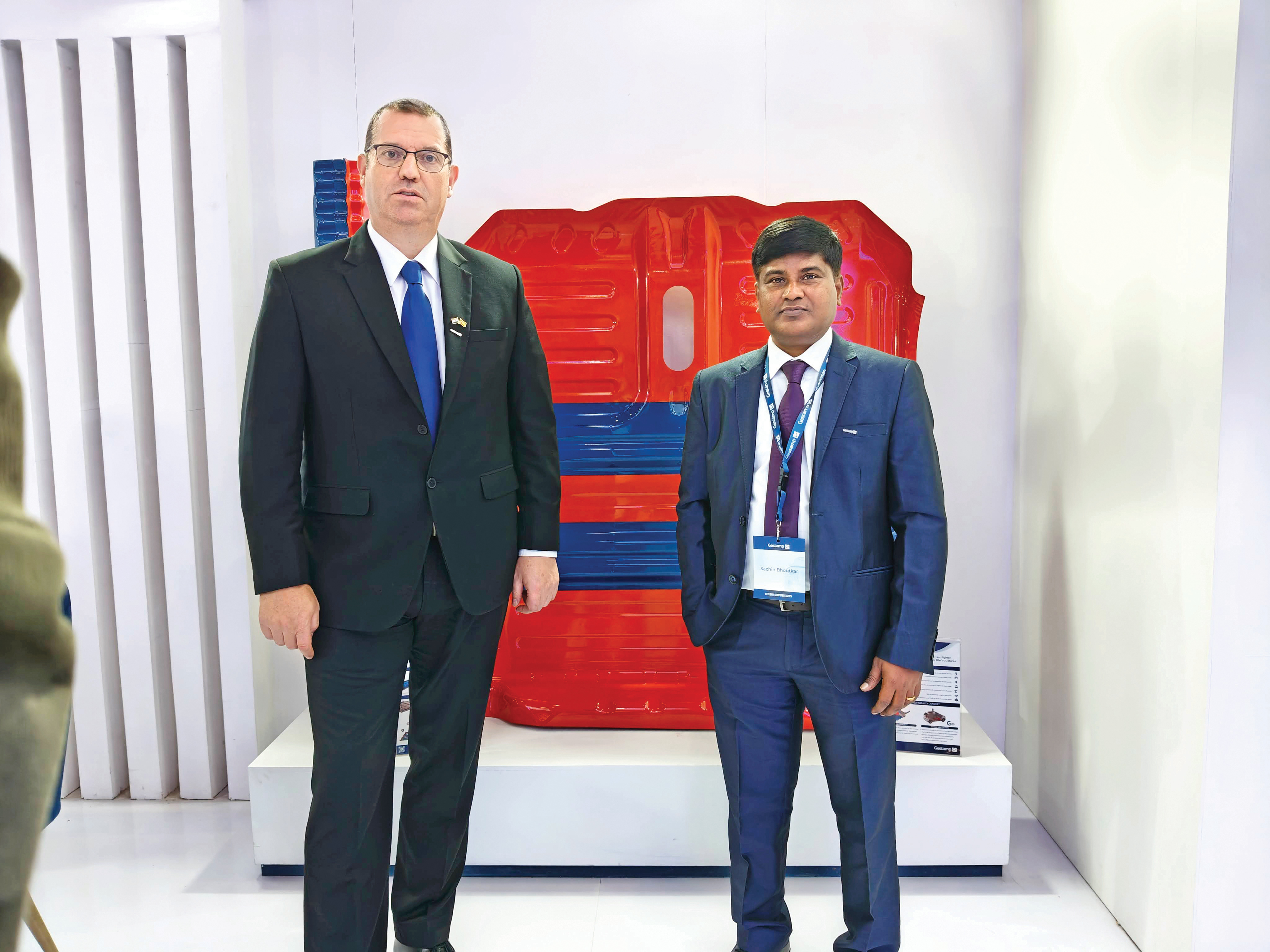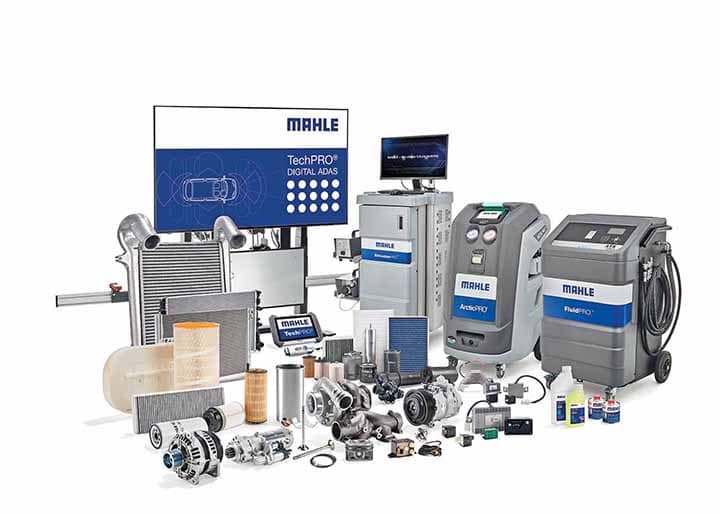“The aim of energy efficiency must be pursued here and now with the policy instruments already available,” said Franz Fehrenbach, the Chairman of the Bosch Supervisory Board, during his talk at the Sustainability Conference organized by “Die ZEIT,” the German weekly. The European Union, for instance, is not likely to meet its 2020 target of increasing energy efficiency by 20 percent. In Germany, tax incentives for improving buildings’ energy efficiency were ditched in the new government’s coalition agreement. According to Fehrenbach, there are many long-term goals for the move toward alternative forms of energy. However, “if we keep waiting, we will not achieve any of them,” he said. “When it comes to alternative forms of energy, Germany must get moving once and for all.”
The fastest way to act is by improving energy efficiency; doing so does not even require a solution to the conflict on new power grids and the allocation of the cost of renewables. The modernization of old heating systems would already enable significant energy savings. Fehrenbach noted the significant potential for energy savings in industry by implementing systematic energy management. Bosch can offer the services needed for this, both in capital goods and commercial buildings
By 2020, Bosch aims to reduce carbon dioxide emissions at its locations around the world by at least 20 percent over 2007 levels. According to Fehrenbach, as early as 2012 the company had already achieved a relative reduction of 13 percent. In absolute terms, the company’s CO2 emissions have decreased five percent within five years. During this time, Bosch sales have increased 13 percent, while the company’s global energy needs have decreased by 7.7 percent.
More growth, lower energy consumption, in Fehrenbach’s view, can only be achieved with modern technology. For this reason, he is critical of anti-growth and anti-technology attitudes, which remain widespread. “Our engineers work hard for every percentage point of fuel and energy savings, for every gram of carbon dioxide that can be reduced. This is a central tenet of the way Bosch sees itself,” he added.













Leave a Reply